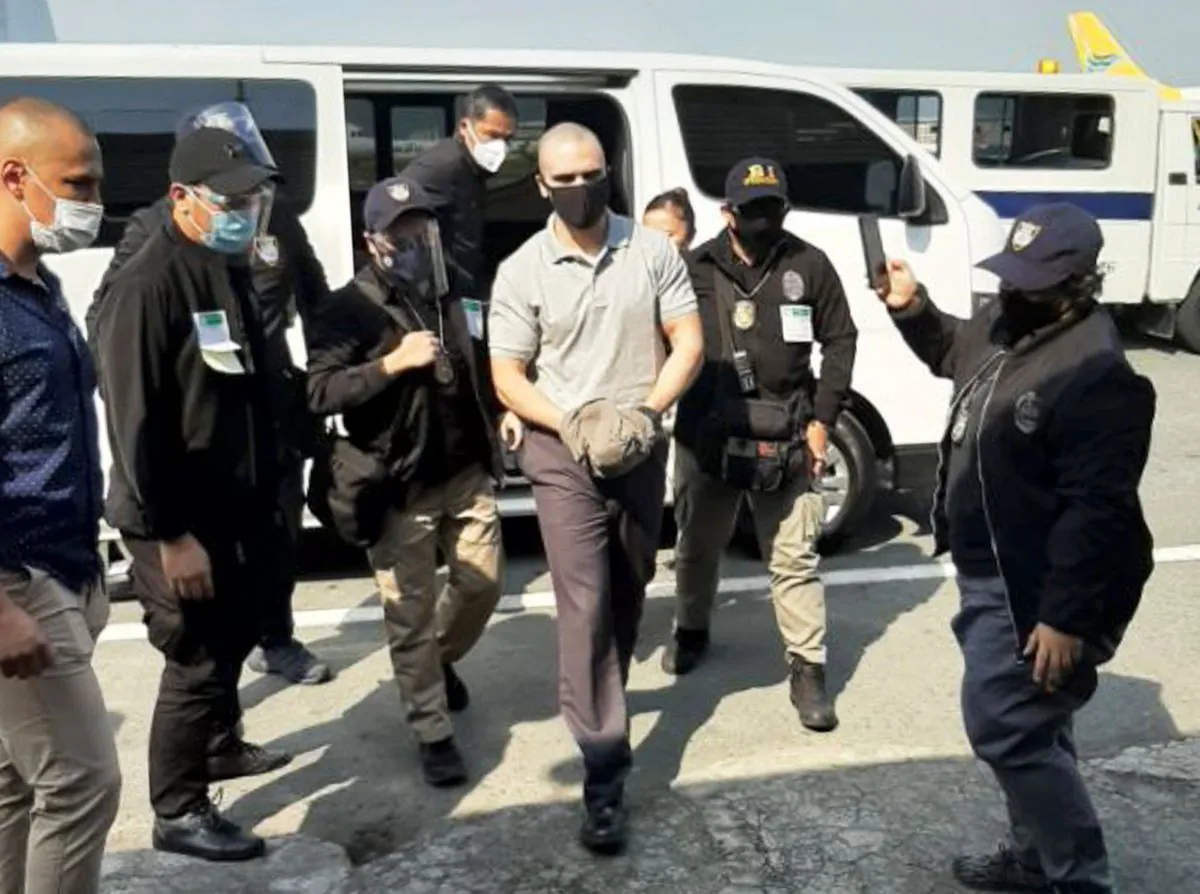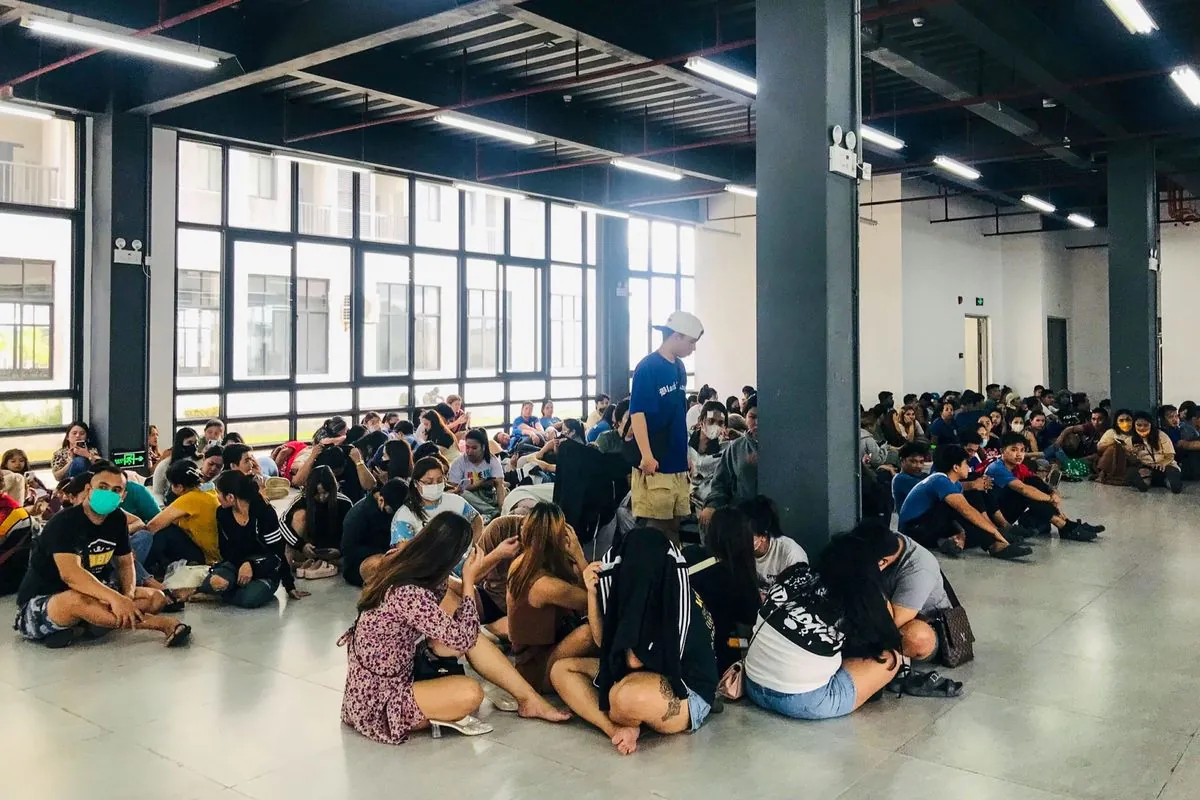Ex-Mayor Deported to Philippines Amid Money Laundering Allegations
Former Philippines mayor Alice Guo, accused of criminal ties and money laundering, returned to Manila after deportation from Indonesia. She denies allegations and claims to be a natural-born Filipino citizen.

In a significant development, Alice Guo, a former mayor in the Philippines, has been deported from Indonesia to face serious allegations in her home country. Guo, who also goes by the Chinese name Guo Hua Ping, arrived in Manila on September 6, 2024, amid accusations of connections to Chinese criminal syndicates and involvement in money laundering activities exceeding 100 million pesos.
The case has drawn attention to the complex issues of citizenship, corruption, and international law enforcement cooperation in Southeast Asia. The Philippines, an archipelagic nation comprising 7,641 islands, has been grappling with challenges related to money laundering and organized crime.
Guo was apprehended by Indonesian authorities on September 4, 2024, following her departure from the Philippines in July. Her arrest came in response to her failure to appear before a Philippine Senate investigation into her alleged criminal associations. The Philippine Senate, the upper house of the country's bicameral legislature, launched this probe in May 2024.
The former mayor's legal troubles stem from a raid conducted in March 2024 on a casino in Bamban town, Tarlac province, where she served as mayor. Law enforcement agencies uncovered what they claim to be evidence of scams operating from a facility partially owned by Guo. This discovery led to multiple charges of money laundering filed against her and 35 others by various Philippine law enforcement agencies, including the Anti-Money Laundering Council (AMLC), the country's Financial Intelligence Unit.

Despite the allegations, Guo maintains her innocence and asserts that she is a natural-born Philippine citizen. However, the National Bureau of Investigation (NBI), the primary investigative agency of the Philippines, reported in August that her fingerprints match those of a Chinese national named Guo Hua Ping. This revelation has raised questions about her citizenship status, as dual citizenship in the Philippines is only legal under specific circumstances.
Upon her arrival in Manila, Guo was accompanied by Philippine law enforcement officials, including Interior Minister Benjamin Abalos Jr., who oversaw her handover from Indonesian authorities. In a press briefing, Guo claimed to have received death threats and appealed for protection from Philippine authorities.
"I have received death threats and I am asking for the help (of Philippine authorities)."
Minister Abalos committed to providing security for Guo but urged her to disclose all relevant information. He stated, "Disclose all the names in order to serve justice and so all this ends. That is the only way we can help her."
The case highlights the ongoing efforts of the Philippines to strengthen its anti-corruption measures and combat organized crime. It also underscores the complexities of international law enforcement cooperation, particularly in the context of Southeast Asia's diverse legal and political landscapes.
As the investigation unfolds, it is likely to shed light on the intricate relationships between local governance, international criminal networks, and the challenges of maintaining transparency in a region with a long history of Chinese immigration and influence. The outcome of this case may have significant implications for the Philippines' ongoing efforts to address corruption and enhance its legal and regulatory frameworks.


































